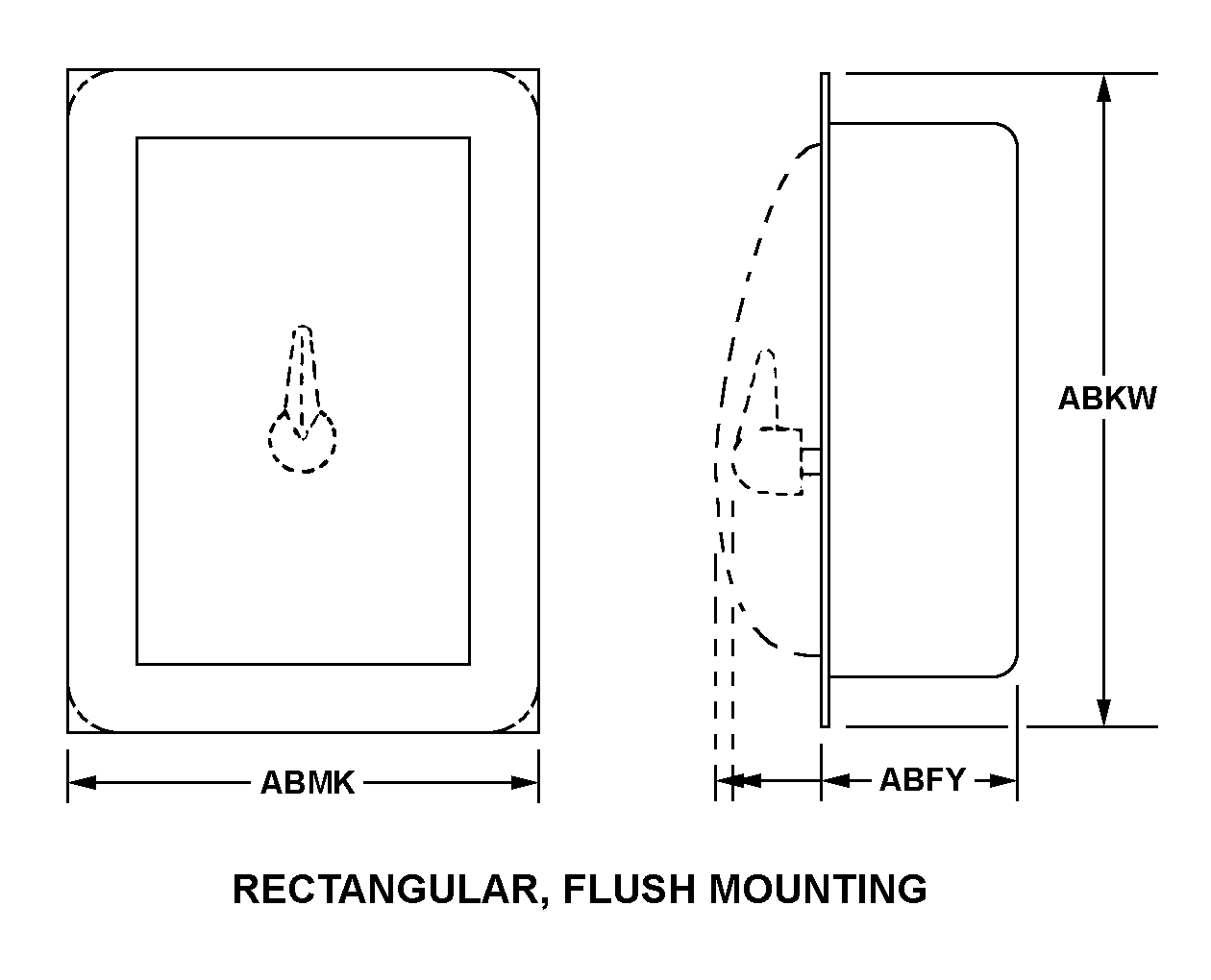6110015966664
Price Quote Get an up to date pricing and availability quote for this product. Order online or over the phone.
Quality Commitment
Serving our customers with quality and safety first.
- AS9120 Certified
- Audited supply chain
- ITAR Registered
- DDTC Registered
- HAZMAT Certified
- Customer service objectives
- Every product 100% inspected

6110-01-596-6664 Specification Set by the OEM (see RNCC code 3)
0.120in.
0.300in.
0.240in.
lsd MID-Life shore power enclosure fabrication
shore power enclosure number 2
rectangular, flush mounting
Cross Reference Parts Part numbers that meet the specification outlined on this page and set by the OEM
Identification Item Identification Guide (IIG) and Item Name Code (INC)

Definition Definition of approved item name (AIN): "DISTRIBUTION BOX"
An enclosure which includes mounts, and protects such items as switches, circuit breakers, jacks, fuseholders, connectors, terminals and/or terminal boards, resistors, capacitors, transformers, and the like. It is primarily designed to distribute electrical power from one or more primary power source(s) such as generator(s) and battery(ies) to one or more electrical and/or electronic item(s). It may include a cover or door. For enclosures which include only circuit breakers, switches, jacks, fuseholders, terminals and/or terminal boards, see circuit breaker box; switch box; jack box; fuse box and terminal box. For enclosure primarily designed to interconnect two or more electrical and/or electronic items, except primary power source(s) see interconnecting box. For empty boxes which are designed to mount, but do not include electrical devices such as switches, jacks, fuseholders, terminals and/or terminal boards, see junction box. See also interconnecting cabinet; control (as modified); panel (1) (as modified); relay assembly; panel, power distribution; switchboard (as modified) and panel, fuse. Excludes connector-switch.
6110-01-596-6664 Material Hazmat, Precious Metals, Criticality, Enviroment, and ESD
Indicates there is no data in the hmirs and the nsn is in a fsc not generally suspected of containing hazardous materials.
Item does not contain precious metal.
No known electrostatic discharge (esd) or electromagnetic interference (emi) sensitivity.
Represents items with no adp components
The item does not have a nuclear hardened feature or any other critical feature such as tolerance, fit restriction or application.
Identification Codes
HMIC: Hazardous Material Indicator Code. A one position code that identifies a hazardous item.
PMIC: Precious Metal Indicator Code. A one position code which identifies items that have precious metals as part of their content. precious metals are those metals generally considered to be uncommon, highly valuable, and relatively superior in certain properties such as resistance to corrosion and electrical conductivity.
ESD: Electrostatic Discharge. Indicates if an item is susceptible to electrostatic discharge or electromagnetic interference damage. electrostatic discharge damage occurs when an accumulation of static electricity generated by the relative motion or separation of materials is released to another item by direct contact. electromagnetic interference damage occurs when an item comes into proximity with an electrostatic or magnetic field.
ENAC: Enviromental Attribute Code. Identifies items with environmentally preferred characteristics.
CRITL: Criticality Indicator Code. Indicates an item is technically critical by tolerance, fit, application, nuclear hardness properties, or other characteristics.






